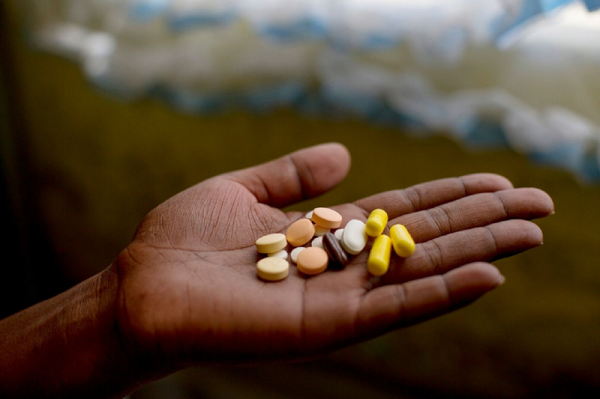Misitura Arowona, a PhD student in the Department of Chemistry, University of Ilorin (Unilorin), has developed a drug that promises to be potent in the treatment of tuberculosis (TB), an infectious disease that usually attacks the lungs.
The new drug, which was announced in the university’s Monday bulletin, is a “metal attached” medication which has improved the efficiency of the anti-TB drugs compared to normal drugs that are consumed globally.
According to the bulletin, Arowana is currently undergoing a sandwich fellowship at the Maharaja Sayajirao University’s (MSU) Faculty of Science in Vadodara, India, in connection with his development.
The breakthrough comes as India has channeled much effort, in recent years, into the creation of medications that curb the dangerous disease. The south Asian country also launched a clinical trial for two newly developed vaccines in mid-July.
According to Rajendrasinh Jadeja, a professor of Chemistry at Sayajirao University, “the Nigerian scholar used metals like ion, cobalt, copper, and zinc to prepare the metallodrugs.”
“The drugs, which have been developed, include ciprofloxacin HCl, ofloxacin, pyrazinamide and moxifloxacin HCl. Presently, there is no metal-based anti-TB drug available in the market,” the bulletin read.
“The country is ranked seventh among the 30 high TB burden countries and second in Africa and the problem of TB in Nigeria has been made worse by the issues of drug-resistant TB and the HIV/AIDS.”
It is estimated that about 407, 000 people in Nigeria have TB annually while India has recorded the highest number of cases in the world with 2.9 million new ones reported every year.
Copyright 2025 TheCable. All rights reserved. This material, and other digital content on this website, may not be reproduced, published, broadcast, rewritten or redistributed in whole or in part without prior express written permission from TheCable.
Follow us on twitter @Thecablestyle

